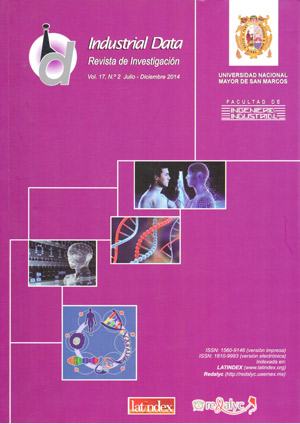Organizational culture and job satisfaction on the faculty of Industrial Engineering in the context of university accreditation
DOI:
https://doi.org/10.15381/idata.v17i2.12048Keywords:
job satisfaction, organizational cultureAbstract
The contemporary world requires consolidated organizations and institutions with the capacity to adequately fulfill its mission and vision, in which human resource plays a crucial role. Each organization has their uniqueness in organizational culture, it can be managed according to the strategic plan of the same. It is noteworthy that the organizational culture is not formed through speeches, but through strong actions. Similarly, the level of satisfaction of the people who work at the institution, public or private, is an aspect not missed in modern management, while its action depends on the achievement of organizational objectives. The study addressed the relationship between organizational culture and job satisfaction of teachers establishment of the Faculty of Mechanical Engineering of San Marcos, the same which looked upon the recognition of the state of research related to the problem of art, theoretical elaboration of each of the variables , arriving at their instruments measuring constructs. A direct relationship between the two variables was found.Downloads
Downloads
Published
Issue
Section
License
Copyright (c) 2014 Oscar Tinoco Gómez, Carlos Quispe Atúncar, Víctor Beltrán Sarav ia

This work is licensed under a Creative Commons Attribution-NonCommercial-ShareAlike 4.0 International License.
AUTHORS RETAIN THEIR RIGHTS:
a. Authors retain their trade mark rights and patent, and also on any process or procedure described in the article.
b. Authors retain their right to share, copy, distribute, perform and publicly communicate their article (eg, to place their article in an institutional repository or publish it in a book), with an acknowledgment of its initial publication in the INDUSTRIAL DATA.
c. Authors retain theirs right to make a subsequent publication of their work, to use the article or any part thereof (eg a compilation of his papers, lecture notes, thesis, or a book), always indicating the source of publication (the originator of the work, journal, volume, number and date).



















